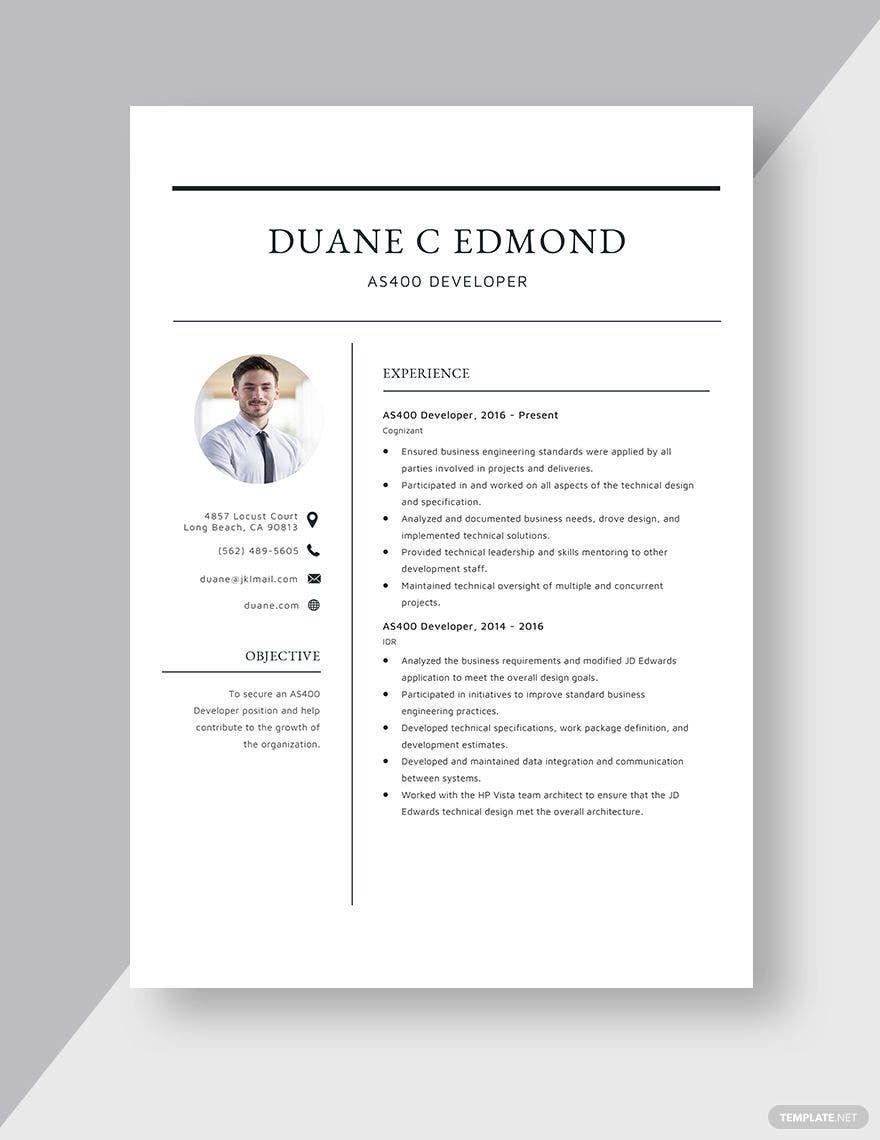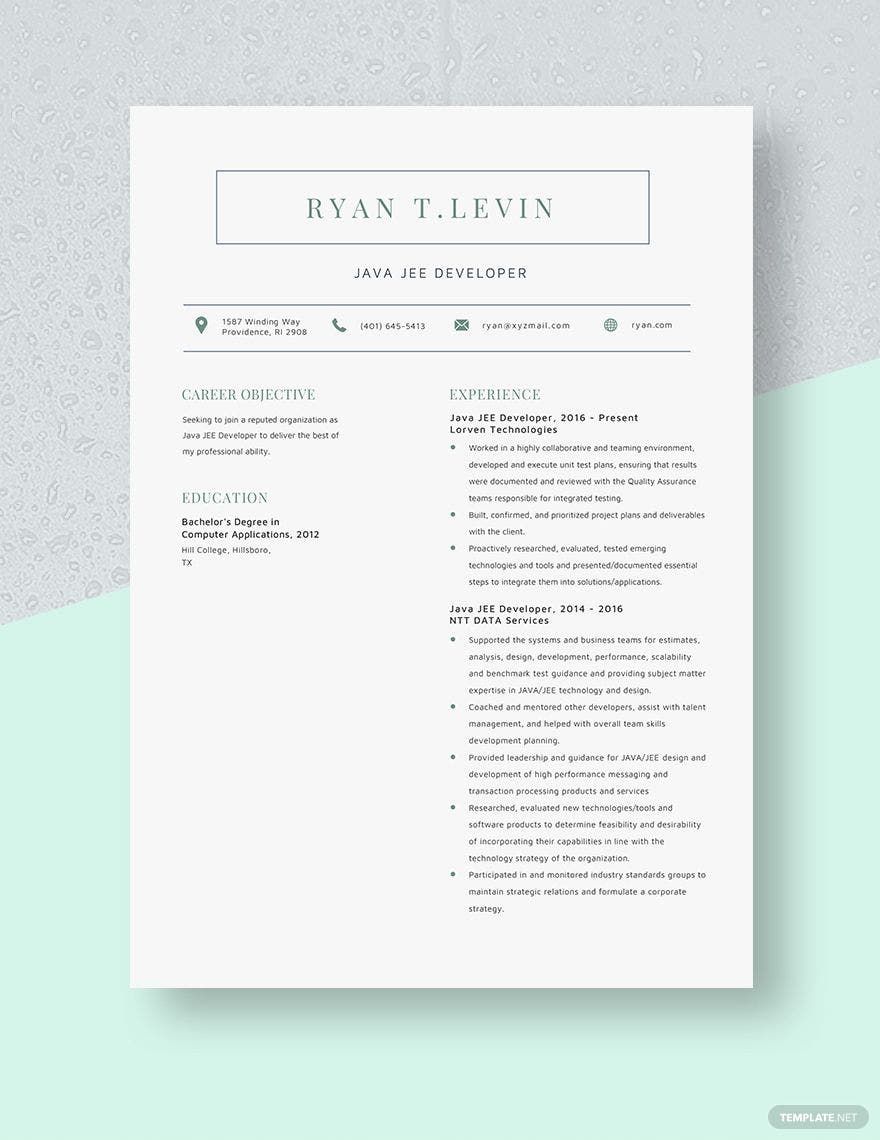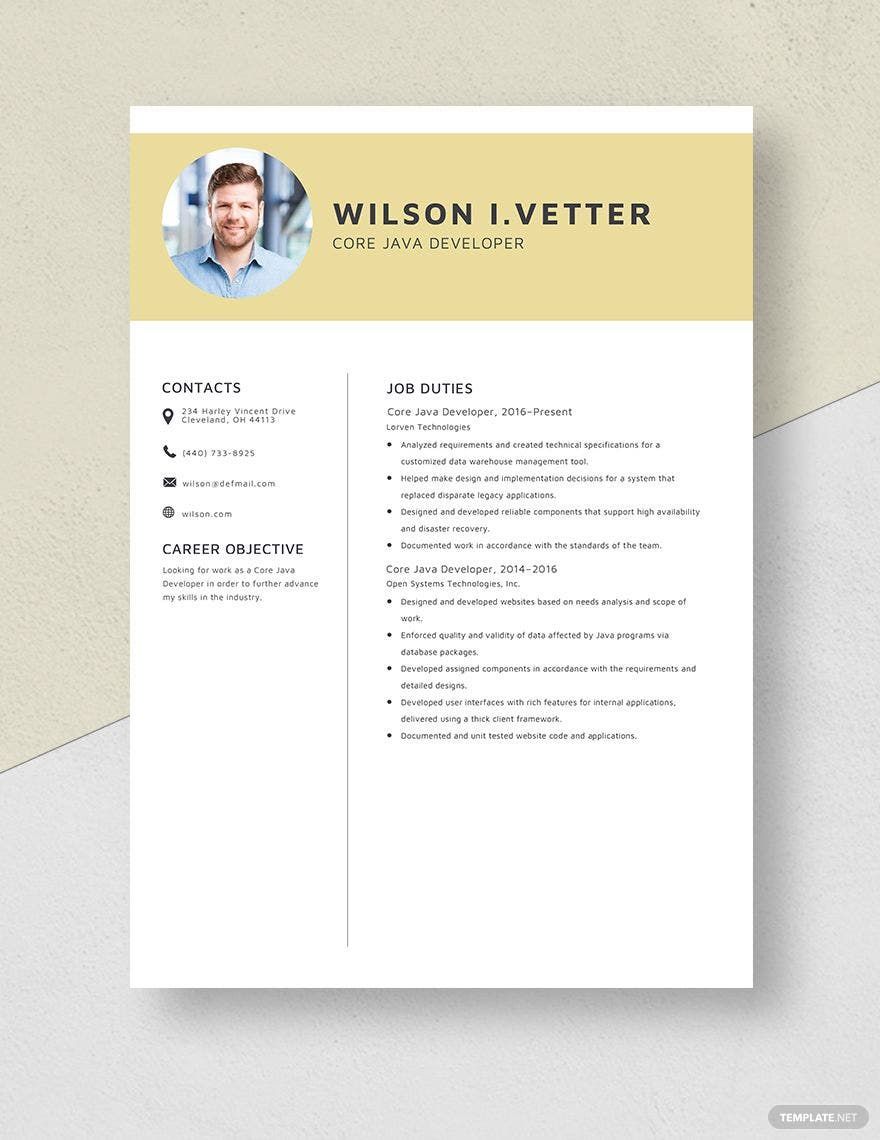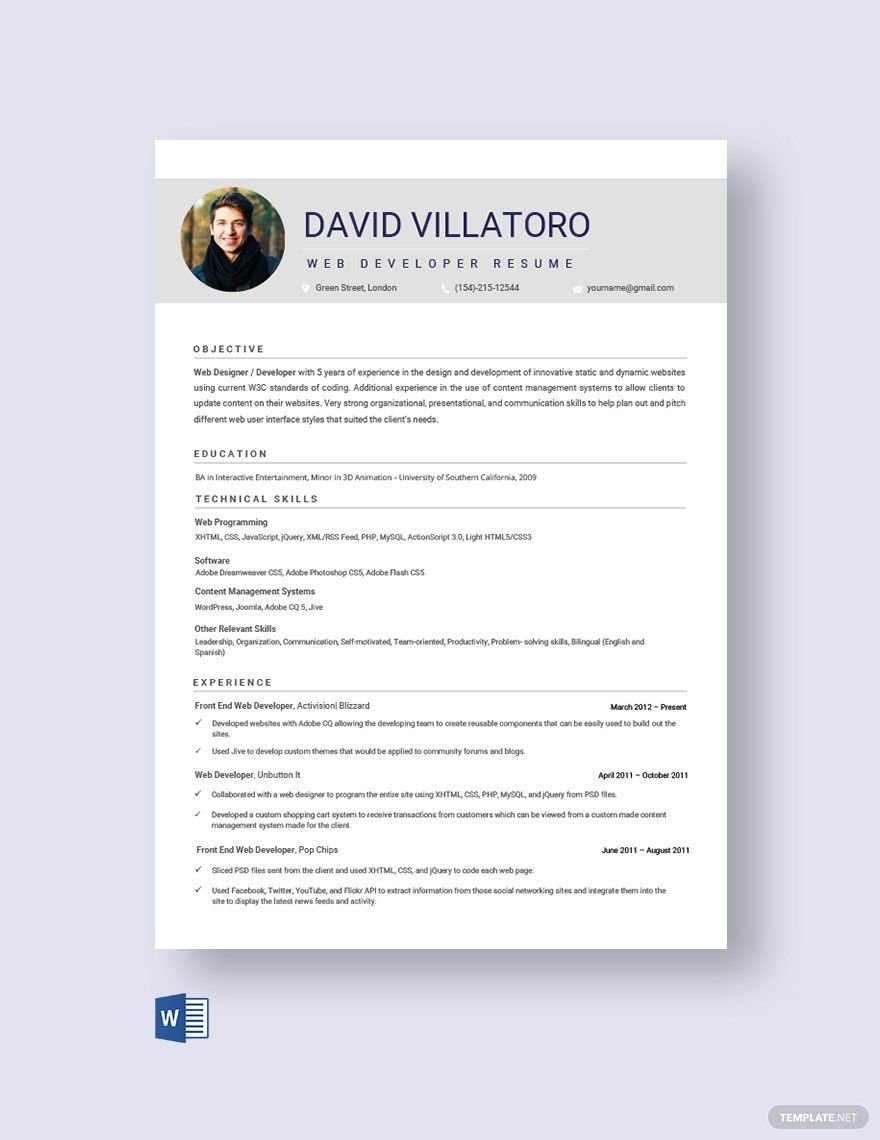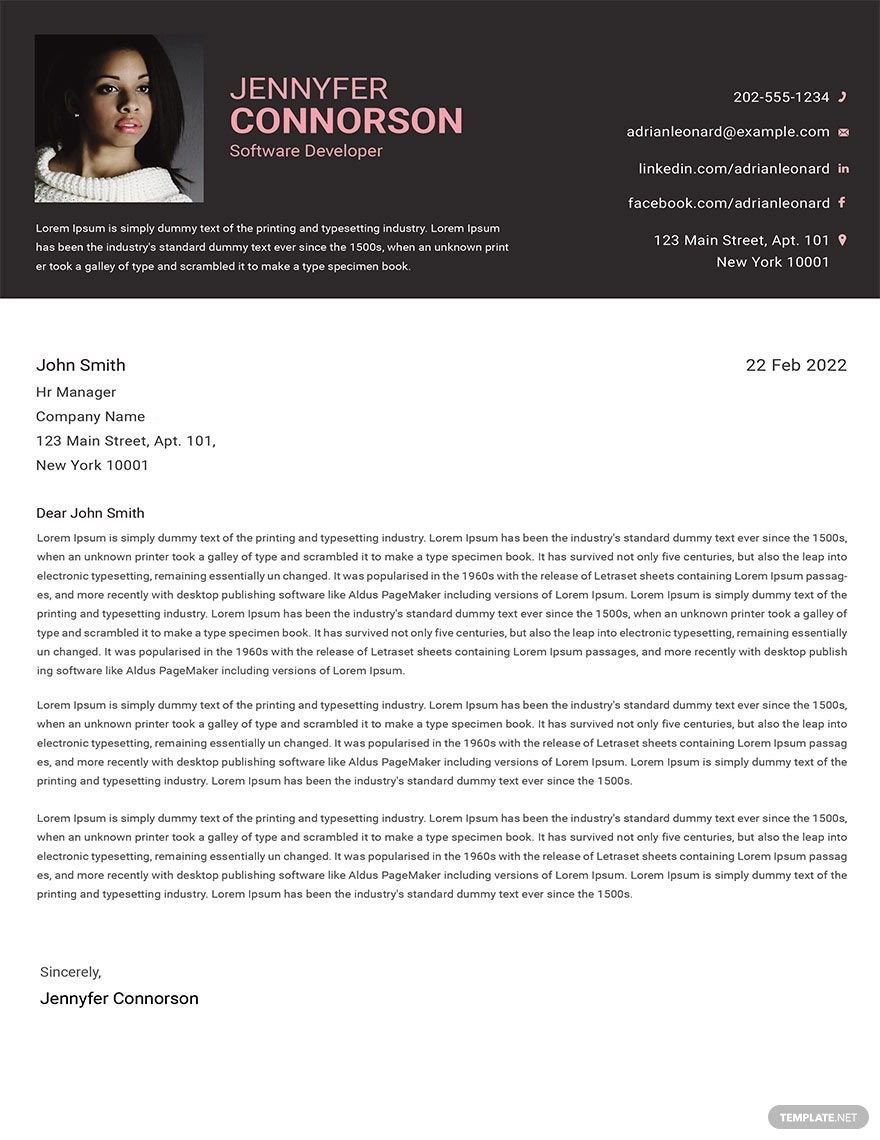Java powers a good number of applications, software, programs, and websites that are featured by our computers and devices. That's why the expertise of a professional Java programmer, Java software engineer, and Java web developer is of high demand in the information technology industry. That said, being a Java expert like you certainly pays well. When you apply for a Java developer role in a company, make sure to submit a winning resume with the help of our editable Java Developer Resume Templates. Each of these files offers you a perfect layout to achieve a high-quality resume. Input your personal information in a template of your choice using MS Word, Adobe PSD, MS Publisher, or Apple Pages. Jumpstart your Java developing career by downloading these resume templates now!
What is a Java Developer Resume?
A Java developer resume is a specific type of information technology resume. As its name implies, it displays an elaborate summary of a Java developer's profile, educational background, and professional experience. A Java developer resume could represent the identity of a Java student fresher, Java entry-level applicant, or a senior Java developer.
How to Create a Java Developer Resume
The annual salary of Java developers ranges from $57,000 to $117,000, with a $79,137 average, according to a Jan 2020 statistic by Glassdoor.com. As you can see, a Java developer such as yourself may soon earn a six-digit annual salary. So don't waste time searching for a company with the urgent needs of a Java developer. We will help you in your job hunt by inviting you to read our guide below in creating a corporate resume for Java developers.
1. Make the Aesthetic Simple and Formal
The visual appearance of a clean resume should always be simple and formal. An employer does not look into the design or aesthetic of your resume to determine whether you should be called for a job interview or not. The design of your resume should only consist of simple borders and a light-colored background.
2. Input Your Profile Precisely
Your Java resume is a written form representing your identity. That said, you must make sure to input your personal profile on it accurately and precisely, especially your name, birth date, gender, and nationality. The profile on your resume will be utilized by an employer to run a background check about you. So see to it that it matches with any of your IDs and your birth certificate.
3. State Your Complete Educational Background
Your educational attainments, most notably your college degree, is a major deciding factor whether an employer will hire you or not. For that reason, you must elaborate on your educational background, from your diploma certificates in primary and secondary school to your computer engineering/information technology degree. State them chronologically on your resume.
4. Enumerate Your Java-Related Skills and Achievements
Aside from your educational attainment, an employer will most certainly know what sort of skills you have in the field of Java development. With that in mind, you should definitely enumerate all of them on your resume. Other than that, you must as well include your achievement certificates and award certificates that are in line with Java development or engineering.
5. Pair Your Java Resume with a Cover Letter
Once you've printed your resume, don't submit it to an employer yet. Write a corresponding cover letter for it first. In your cover letter, summarize the contents of your resume. In general, cover letters add to the value of resumes, and could also be a convincing power for the employer to hire an applicant. When writing your cover letter, engage the employer, and explain to him/her the illustrious contents of your resume.

